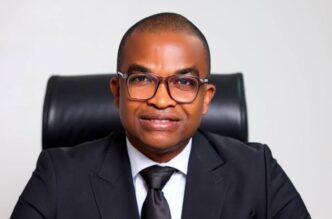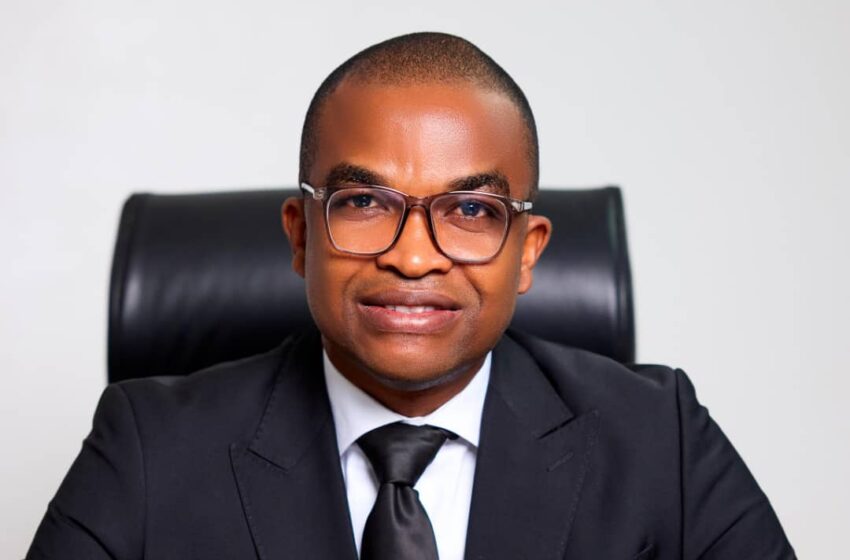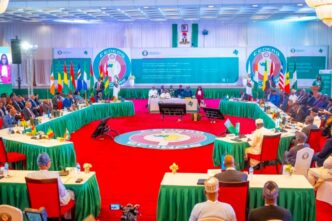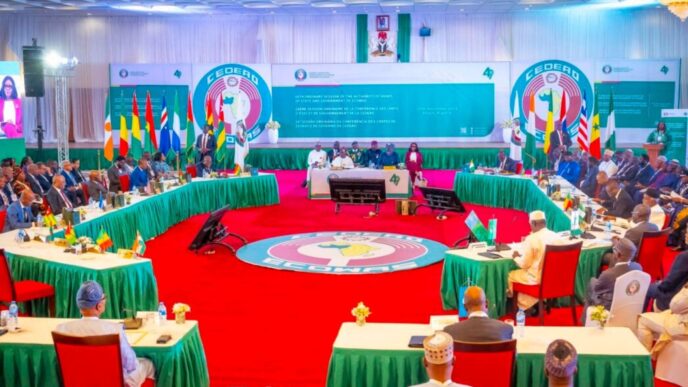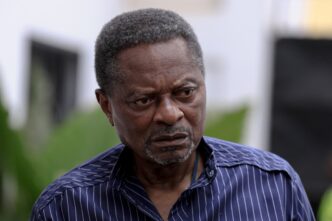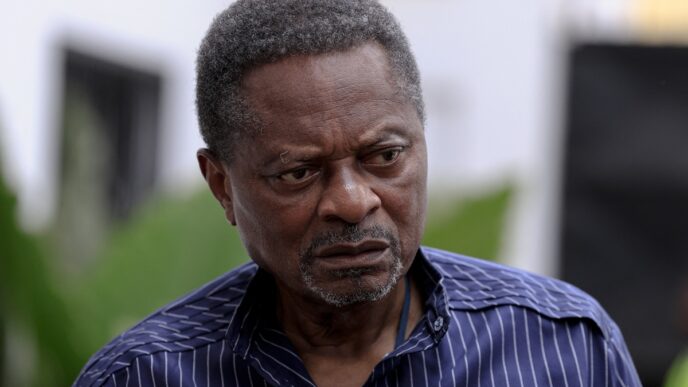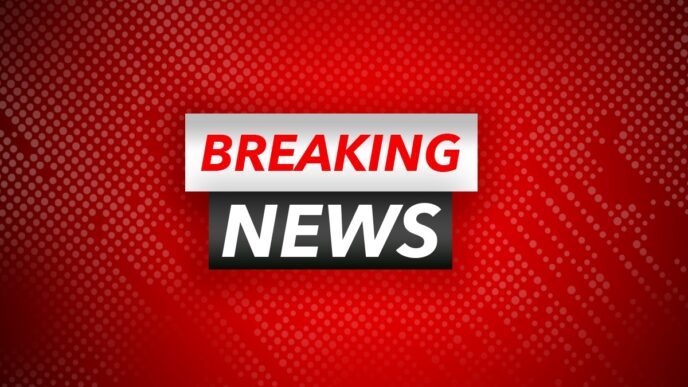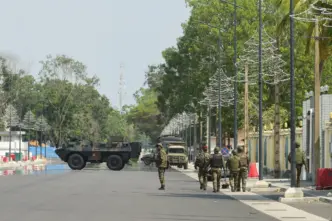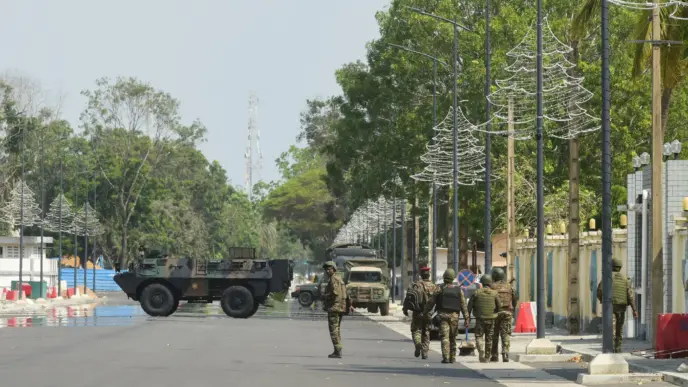Benin’s electoral authority announced on Thursday that it had disqualified the main opposition candidate from participating in the presidential election scheduled for next April, increasing the ruling coalition’s chances of maintaining power.
The CENA rejected the candidacy of Renaud Agbodjo, the representative of the main opposition Democrats party, because he did not have sufficient sponsors.
This decision is likely to favour Finance Minister Romuald Wadagni, who represents the coalition of the current President, Patrice Talon, who holds a majority in parliament. Talon, in power since 2016, will not run for re-election, having reached the two-term limit.
Wadagni, 49, is widely regarded as one of Talon’s closest allies.
So far, only one other candidate has qualified for the presidential election — Paul Hounkpe from the smaller opposition party FCBE. The Democrats chose Agbodjo as their candidate earlier this month.
The 43-year-old lawyer can appeal the decision barring him from the election before the final candidates’ list is released on October 31.
To qualify for candidacy, all candidates must be supported by at least 28 sitting members of parliament.
The Democrats have exactly 28 MPs; however, the CENA stated that one of them, Michel Sodjinou, submitted a sponsorship that was deemed “invalid,” leaving Agbodjo with only 27 supporters.
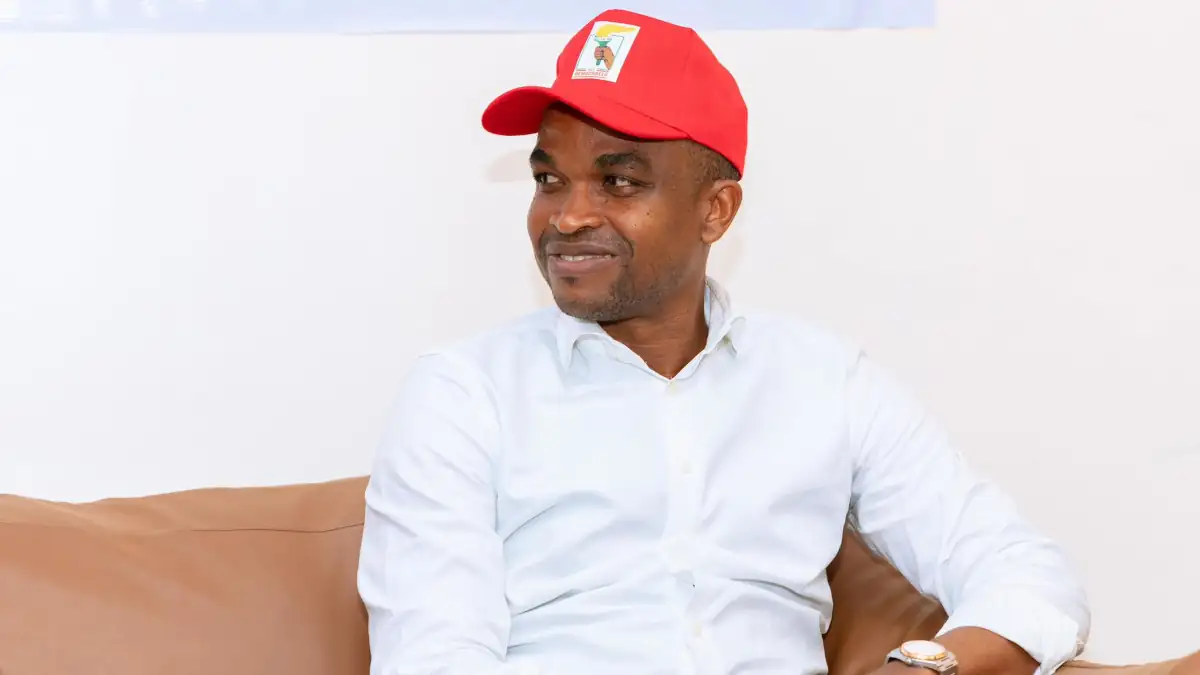
Last week, Sodjinou disputed the Democrats’ decision to nominate Agbodjo as their candidate and has since taken the matter to court.
Over the past ten years, Benin has experienced substantial economic growth, consistently surpassing six per cent annually.
Wadagni, who advocates fiscal responsibility, suggested restructuring African debt during the COVID pandemic rather than seeking its cancellation — a stance that garnered support from international investors.
For several years, Talon has included his economy minister in discussions regarding defence issues, a vital area for the small West African nation, which has encountered jihadist threats in the northern regions.
In the 2016 presidential election, Talon received over 86 per cent of the vote.
Most notable opposition figures were barred from running, leading to outbreaks of violence, particularly in the central region of Benin, home to Boni Yayi.
Talon has received accolades for the economic progress in Benin, but detractors argue that he has grown increasingly authoritarian.


 Trending
Trending 
